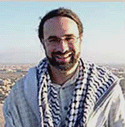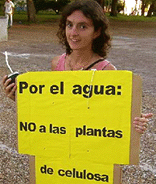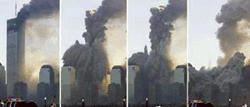
Forestry in Chile and the Myth of the Trickledown Theory
Two years ago, in early November 2003, after a ferocious markets-based campaign in the US, an agreement was signed by US and Chilean environmental groups with the two largest wood products companies in Chile. The agreement, facilitated by Home Depot, was received as an important step forward in promoting collaborative resolution to international environmental conflicts. The agreements language binds the companies to a conservation focused solutions process with the environmental groups, and an end to the practice of the substitution of the native forest with exotic tree species plantations.




